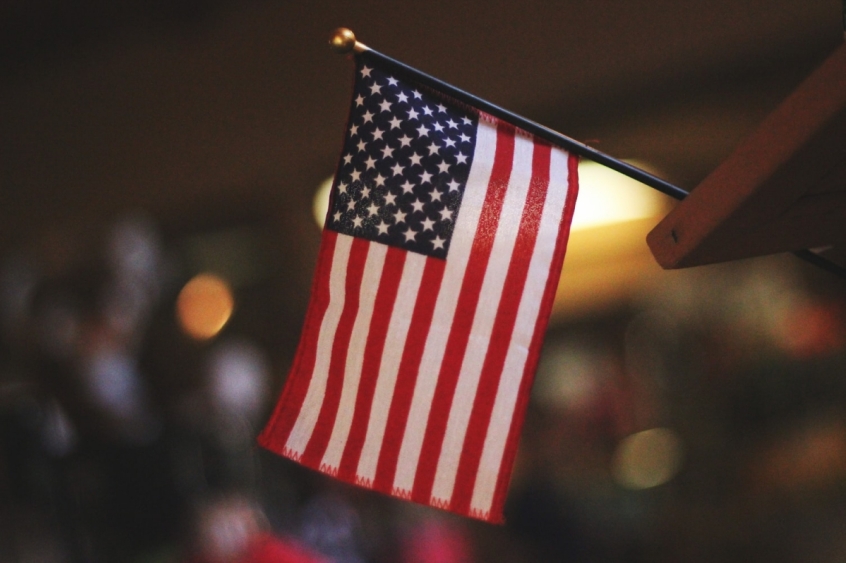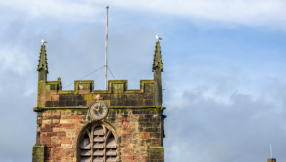
Latest figures have revealed a sharp decline in the number of Americans who identify as Christians.
The study by Pew Research found that just under two thirds (65%) of Americans say they are Christian, while those identifying as religiously unaffiliated has risen to over a quarter (26%).
The figures represent a 12% drop in the Americans identifying as Christians now compared to 10 years ago.
Those describing themselves as atheists has doubled in the last decade from 2% to 4%, while agnostics now stand at 5% of US adults, up from 3% in 2009.
Americans who say they are 'nothing in particular' has also seen a significant rise from 12% in 2009 to 17% now.
The fall in Christian affiliation is most stark among young adults.
A majority of the Silent Generation (those born between 1928 and 1945) describe themselves as Christians (84%), as do three-quarters of Baby Boomers (76%). By contrast, only half of millennials (49%) describe themselves as Christians.
Hand in hand with the fall in numbers identifying as Christians is a 7% drop in Americans attending regular worship. This corresponds with a 7% increase in those saying they attend religious services less frequently.
"In 2009, regular worship attenders (those who attend religious services at least once or twice a month) outnumbered those who attend services only occasionally or not at all by a 52%-to-47% margin. Today those figures are reversed; more Americans now say they attend religious services a few times a year or less (54%) than say they attend at least monthly (45%)," Pew explained.
The research found that the decline in Christian affiliation is sweeping, with the rise of the religious 'nones' visible across ethnicities, genders and regions.
"The changes underway in the American religious landscape are broad-based," Pew said.
"The Christian share of the population is down and religious 'nones' have grown across multiple demographic groups: white people, black people and Hispanics; men and women; in all regions of the country; and among college graduates and those with lower levels of educational attainment.
"Religious 'nones' are growing faster among Democrats than Republicans, though their ranks are swelling in both partisan coalitions.
"And although the religiously unaffiliated are on the rise among younger people and most groups of older adults, their growth is most pronounced among young adults."













